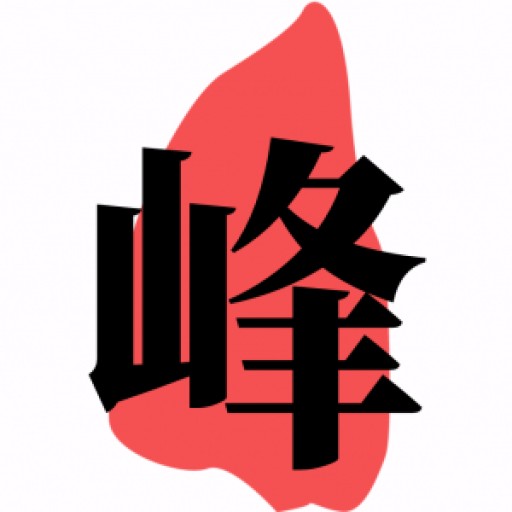在学习英语的过程中,掌握基础的单词和句型是第一步,语法的运用同样不可忽视。今天,我们将探讨英语中的“be”动词及其在不同句型中的运用,尤其是如何将肯定句转化为否定句和疑问句。
记住这些小口诀:
我用am,你用are,is连着他、她、它;
单数名词用is,复数名词用are。
想变成疑问句,把“be”动词提前,句末加上问号。
想变否定句,记得在“be”后加not。
无论是疑问句还是否定句,都要确保句首字母大写。
"Be"动词的用法
“Be”动词除了原形“be”外,还有其他七种形式:am,is,are,been,being,was,were。在句中,它既可以作为主动动词使用,也可以作为助动词。
作为主动动词时:
当“be”作为主动动词时,通常充当系动词,后面接名词、形容词或者副词等补充成分。例如:
The man is a science teacher.(这位男士是一位科学老师。)
Mary’s new dresses are colorful.(玛丽的新裙子非常色彩丰富。)
I have been there before.(我以前去过那里。)
Mother is in the kitchen now.(妈妈现在在厨房。)
这些句子都可以通过简单的调换主语和“be”动词的位置来转换为疑问句:
Is the man a science teacher?(这位男士是科学老师吗?)
Are Mary’s new dresses colorful?(玛丽的新裙子很漂亮吗?)
Have I been there before?(我之前去过那里吗?)
Is mother in the kitchen now?(妈妈现在在厨房吗?)
“Be”作为助动词时:
当“be”作为助动词时,它主要用来构成进行时态或被动语态。
进行时态(Be + 现在分词):
Tony’s maid is washing his new car.(托尼的女佣正在洗他的车。)
The children are playing in the field.(孩子们正在操场上玩耍。)
Samuel was eating when I came in.(当我进来的时候,塞缪尔正在吃东西。)
We have been living here since 1959.(我们自1959年以来一直住在这里。)
被动语态(Be + 过去分词):
Her money in the drawer was stolen.(她抽屉里的钱被偷了。)
A number of good jobs are taken up by foreigners.(许多好工作被外国人占据了。)
David studied in Taiwan but has been trained as a language lecturer in America.(大卫曾在学习,后来在美国受训成为语言讲师。)
Can all the wonderful birds be found in our Bird Park?(我们鸟类公园里的所有美丽鸟类都能找到吗?)
变换句型技巧
肯定句变否定句:
在肯定句中加入“not”即可变为否定句。例如:
She works here. → She doesn’t work here.(她在这里工作。 → 她不在这里工作。)
I have been in China. → I haven’t been in China.(我曾在。 → 我没有去过。)
I am a student. → I’m not a student.(我是一名学生。 → 我不是学生。)
肯定句变疑问句:
找到句中的系动词(如 am,is,are 等),并将其提前,再加上问号。
You are a pupil. → Are you a pupil?(你是学生吗?)
如果句子中没有系动词,可以通过情态动词(如 can, may, must 等)或者助动词(如 do, does, did)来帮助构造疑问句。
They will go to school. → Will they go to school?(他们要去上学吗?)
You have got a TV. → Have you got a TV?(你有电视吗?)
常见的疑问句及其肯定与否定回答
在日常英语对话中,许多问答形式是固定的。以下是一些常见的例子:
问:Is this your English book?
肯定回答:Yes, it is.
否定回答:No, it isn’t.
问:Are these your English books?
肯定回答:Yes, they are.
否定回答:No, they aren’t.
问:Can you speak English?
肯定回答:Yes, I can.
否定回答:No, I can’t.
问:Do your parents like English?
肯定回答:Yes, they do.
否定回答:No, they don’t.
问:May I watch TV after supper?
肯定回答:Yes, you may.
否定回答:No, you mustn’t.
通过这些例子,可以更清晰地看到如何在不同情境下应用“be”动词,并灵活地转换句型。在学习英语时,掌握这些基本语法结构,能够帮助你更加流利和自信地进行交流。

